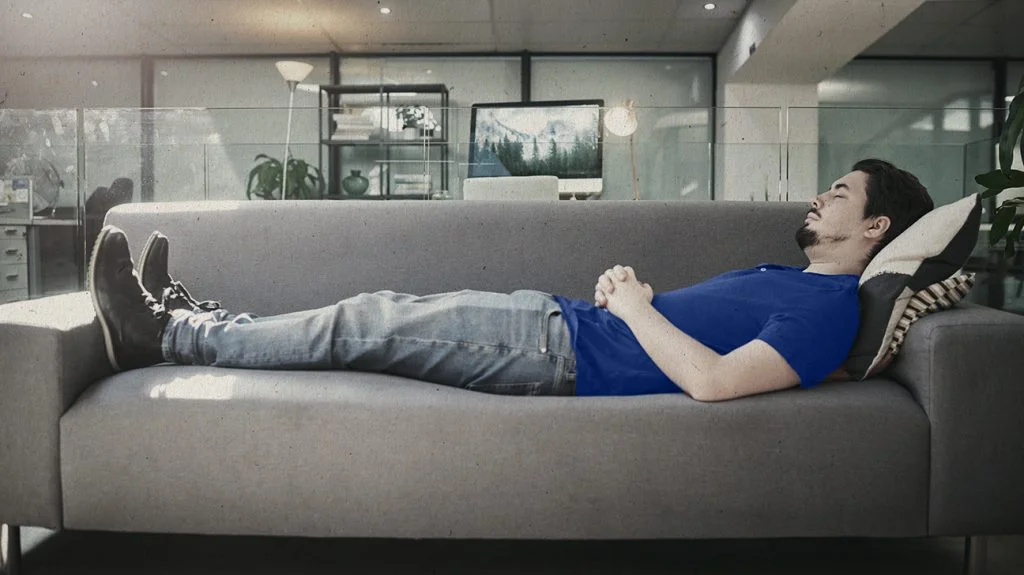Hypnotherapy for Anxiety: A Path to Calm and Clarity
Hypnotherapy is a form of complementary therapy that uses guided relaxation, intense concentration, and focused attention to achieve a heightened state of awareness, often referred to as a trance. In this state, individuals may experience increased receptivity to suggestions, making it easier to alter negative thought patterns and behaviors. Unlike the common misconception portrayed in entertainment, hypnotherapy is a collaborative process between the therapist and the client, grounded in psychological principles.
How Does Hypnotherapy Help with Anxiety?
Accessing the Subconscious Mind: Anxiety often stems from deeply ingrained thoughts and beliefs that reside in the subconscious. Hypnotherapy facilitates access to these underlying issues, allowing individuals to address and reframe negative thought patterns.
Stress Reduction: Through guided relaxation techniques, hypnotherapy helps reduce the physiological symptoms of anxiety, such as increased heart rate and muscle tension. This relaxation response can counteract the body’s stress response, promoting a sense of calm.
Behavioral Modification: Hypnotherapy can aid in altering behaviors that contribute to anxiety. For example, it can help individuals overcome avoidance behaviors or develop healthier coping mechanisms.
Enhanced Self-Esteem and Confidence: By reinforcing positive self-perceptions, hypnotherapy can boost self-esteem and confidence, which are often compromised in individuals experiencing anxiety.
The Hypnotherapy Process
A typical hypnotherapy session for anxiety may involve the following steps:
- Initial Consultation: The therapist assesses the individual’s specific anxiety issues, medical history, and treatment goals.
- Induction: The therapist guides the client into a relaxed state using techniques such as progressive muscle relaxation or focused breathing.
- Therapeutic Suggestions: Once in a trance-like state, the therapist delivers positive suggestions aimed at altering negative thought patterns and behaviors related to anxiety.
- Awakening: The therapist gradually brings the client back to full awareness, ensuring they feel calm and centered.
- Post-Session Discussion: The therapist and client discuss the experience and any insights gained during the session.
Benefits of Hypnotherapy for Anxiety
- Non-Invasive: Hypnotherapy is a non-invasive treatment option that doesn’t involve medication, making it suitable for individuals seeking drug-free alternatives.
- Personalized Approach: Sessions are tailored to address the unique triggers and manifestations of each individual’s anxiety.
- Long-Lasting Effects: By targeting the root causes of anxiety, hypnotherapy can provide lasting relief rather than temporary symptom management.
Considerations and Limitations
While hypnotherapy has shown promise in treating anxiety, it’s essential to consider the following:
- Qualified Practitioners: The effectiveness of hypnotherapy largely depends on the skill and experience of the practitioner. It’s crucial to seek certified and reputable hypnotherapists.
- Not a Standalone Treatment: Hypnotherapy is most effective when used in conjunction with other treatments like psychotherapy or medication, especially for severe anxiety disorders.
- Individual Variability: Responses to hypnotherapy can vary widely among individuals. What works for one person may not be as effective for another.
Scientific Evidence
Research on hypnotherapy for anxiety is growing, with studies indicating its potential benefits. A study published in the American Journal of Clinical Hypnosis found that hypnotherapy significantly reduced anxiety levels in participants compared to control groups. However, more extensive and rigorous research is needed to fully understand its efficacy and mechanisms.
Hypnotherapy offers a promising alternative or complementary approach for individuals seeking to manage anxiety. By addressing the subconscious factors contributing to anxiety, it provides a pathway to deeper psychological healing and personal growth. As with any therapeutic intervention, it’s essential to consult with healthcare professionals to determine the most appropriate treatment plan tailored to individual needs.
Disclaimer: This article is intended for informational purposes only and does not constitute medical advice. Please consult a qualified healthcare provider for personalized treatment recommendations.












Anxiety is a pervasive issue affecting millions worldwide, manifesting in various forms such as generalized anxiety disorder, panic attacks, social anxiety, and more. While traditional therapies like cognitive-behavioral therapy (CBT) and medication have proven effective for many, an increasing number of individuals are turning to alternative treatments to complement their mental health regimen. One such alternative is hypnotherapy—a therapeutic technique that leverages the power of the subconscious mind to foster positive change. This article explores how Hypnotherapy for Anxiety can be an effective tool in managing and alleviating anxiety.
What is Hypnotherapy?